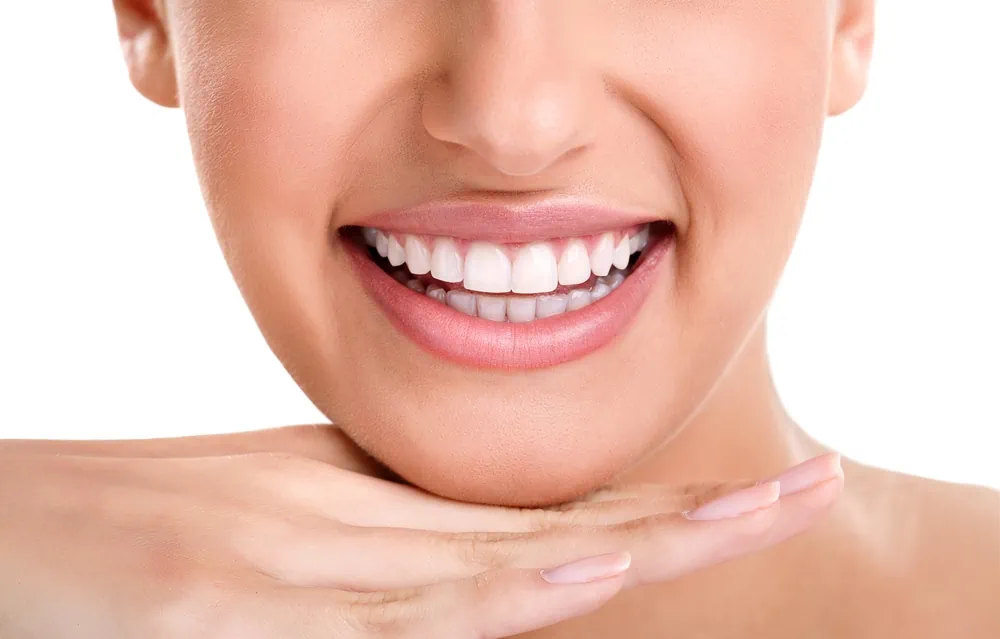
5 Tips for Maintaining Oral Health & Hygiene During Ramadan
Ramadan is a sacred month observed by Muslims worldwide, marked by fasting from dawn until sunset. While the spiritual significance of Ramadan is paramount, it’s also crucial to ensure that one’s physical health, including oral hygiene, is maintained during this period. Fasting can sometimes pose challenges for oral health, but with a few simple practices, you can ensure that your teeth and gums remain healthy throughout the month. Here are five essential tips for maintaining oral hygiene during Ramadan:
- Hydrate Adequately During Non-Fasting Hours:
One of the biggest challenges during Ramadan is staying hydrated, especially in regions with hot climates. Dehydration can lead to dry mouth, which increases the risk of oral health problems such as bad breath and tooth decay. Make sure to drink plenty of water during non-fasting hours, especially before and after meals. Avoid sugary or acidic beverages as they can contribute to dental erosion and cavities.
- Brush Regularly:
Even though you may be fasting during the day, it’s crucial to stick to your regular oral hygiene routine. Brush your teeth at least twice a day, once in the morning before dawn (suhoor) and once after breaking your fast in the evening (iftar). Use fluoride toothpaste and a soft-bristled toothbrush to gently clean your teeth and gums. Pay special attention to areas where food particles can get trapped, such as between teeth and along the gumline.
- Floss Daily:
Fasting can sometimes lead to a buildup of food particles between teeth, which can promote bacterial growth and cause bad breath and gum disease. Make it a habit to floss daily, preferably before bedtime, to remove plaque and debris from between your teeth. Use gentle, sawing motions to avoid injuring your gums, and be thorough but gentle in your approach.
- Limit Sugary and Acidic Foods:
During Ramadan, it’s common to indulge in sugary and acidic foods and drinks, especially during iftar and suhoor. However, consuming excessive amounts of sugary or acidic foods can increase the risk of tooth decay and erosion. Try to limit your intake of sweets, soft drinks, and acidic foods, and opt for healthier alternatives such as fresh fruits, vegetables, and dairy products.
- Visit Your Dentist Regularly:
Regular dental check-ups are essential for maintaining good oral health, regardless of whether you’re fasting or not. Make a dentist appointment to fix any dental problems and keep your teeth and gums healthy. Your dentist can provide personalized advice and recommendations based on your specific oral health needs.
By following these simple tips, you can maintain excellent oral hygiene during Ramadan and ensure that your smile stays bright and healthy throughout the month. Remember that taking care of your oral health is an essential part of overall well-being, and small habits can make a big difference in the long run. Ramadan Mubarak!
Author: Dr. Vesna Markovic MrdakFor more information or to book an appointment, call 800 4272 or email [email protected] .Follow us on social media for more updates:
Fill out the form below to consult with our expert doctors.










